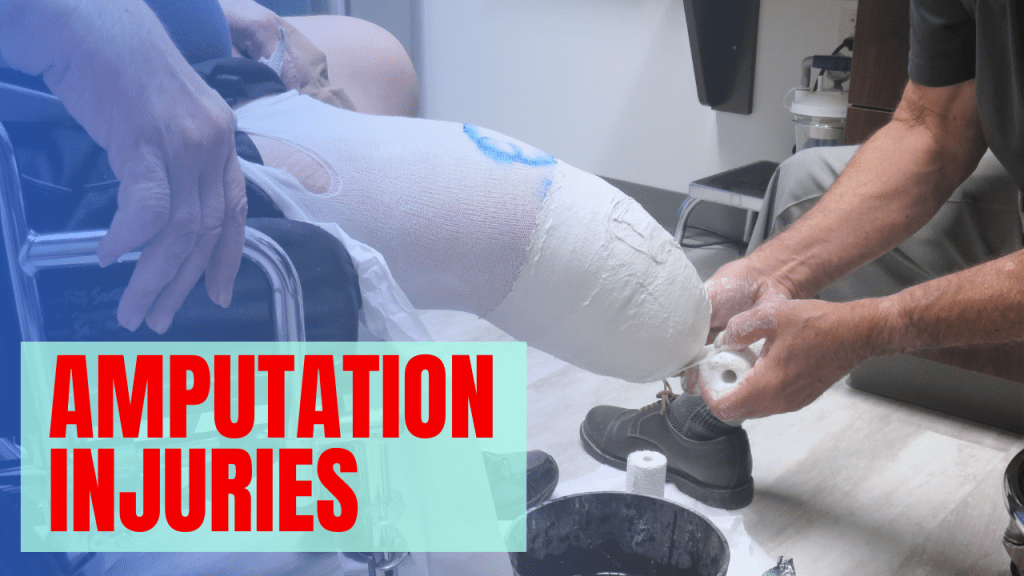Amputation injuries are life-altering and often lead to significant physical, emotional, and financial challenges. If you or a loved one has suffered an amputation as a result of an accident, it is essential to understand your rights, especially when it comes to personal injury claims. This article will explore the critical aspects of amputation accident personal injury claims to help you navigate the legal landscape.
1. Understanding the Cause of Amputation
Amputation injuries can occur due to various reasons such as car accidents, workplace accidents, medical malpractice, or the use of defective products. Determining the cause of the amputation is essential in establishing liability.
2. Establishing Negligence
In a personal injury claim, proving negligence is crucial. It would be best if you established that the responsible party acted carelessly, resulting in the injury. Evidence such as accident reports, eyewitness testimonies, and expert opinions may be needed.
3. Immediate Medical Treatment
Seek immediate medical treatment and ensure that all medical procedures, diagnosis, and treatment plans are well-documented. These documents can serve as vital evidence in your claim.
4. Calculating Damages
Amputation injuries can lead to substantial financial burdens due to medical bills, rehabilitation, prosthetics, and ongoing care. Additionally, the loss of income and reduced earning capacity must be considered. Calculating these damages accurately requires a thorough understanding of the full impact of the injury.
5. Emotional and Psychological Impact
Amputations are often accompanied by emotional and psychological trauma. Pain and suffering, loss of enjoyment of life, and mental anguish can be included in your claim. The testimony of mental health professionals may be valuable in this regard.
6. Hiring a Personal Injury Lawyer
Amputation accident claims are complex and require specialized legal knowledge. Hiring an experienced personal injury lawyer who has handled amputation cases is often essential. They can guide you through the legal process, negotiate with insurance companies, and represent you in court if necessary.
7. Statute of Limitations
Be aware of the statute of limitations, which restricts the time frame within which you can file a claim. This time limit varies by jurisdiction and the type of accident, so consulting with a lawyer promptly is advisable.
8. Settlement Negotiations
Many personal injury claims are settled out of court. Having a skilled lawyer can be invaluable during settlement negotiations, ensuring that you receive a fair and just compensation for your losses.
9. Preparing for Trial
If a settlement cannot be reached, your case may go to trial. Preparing for trial involves gathering evidence, working with expert witnesses, and developing a compelling case to present to a jury.
10. Potential Defenses
Understanding potential defenses that the responsible party may raise can help you anticipate and counter their arguments. Common defenses might include contributory negligence or asserting that the accident was unavoidable.
Conclusion
Amputation accident personal injury claims are multifaceted and require careful consideration of various legal, medical, and emotional factors. Seeking professional legal guidance from an experienced personal injury lawyer specializing in amputation cases is often vital to protect your rights and secure the compensation you deserve. While no amount of money can truly compensate for the loss of a limb, a successful claim can provide essential support to rebuild and move forward with life.


